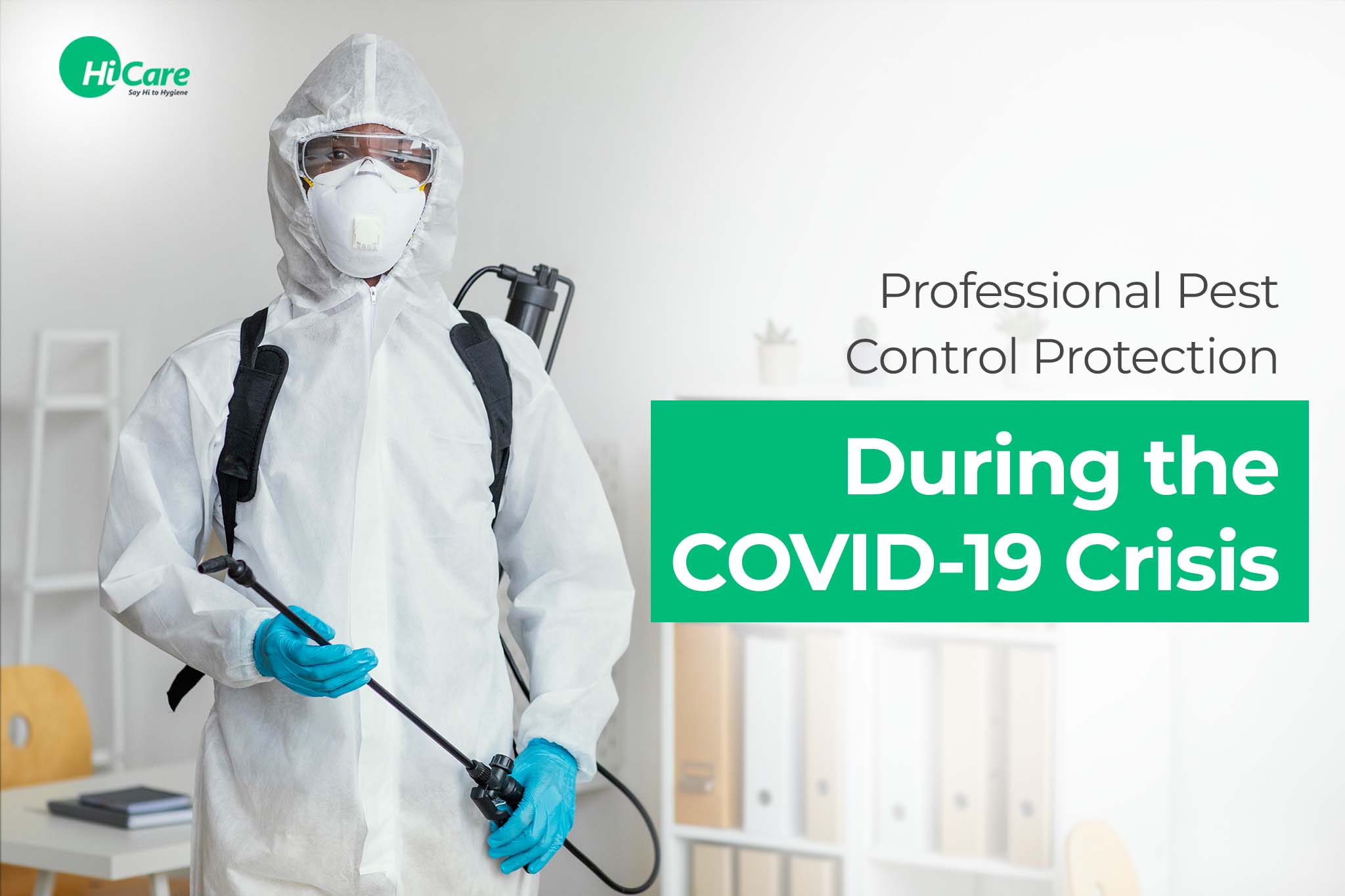Comprehending the Various Techniques to Pest Control: A Comprehensive Overview

All-natural Parasite Control Approaches
Employing environmentally friendly methods such as buddy growing and organic insect control is necessary for properly taking care of parasites in farming setups. Buddy growing includes growing different crops in proximity to deter parasites, boost nutrient uptake, and boost general crop wellness. Planting marigolds along with tomatoes can aid push back nematodes. Likewise, intercropping maize with vegetables can disrupt the breeding patterns of parasites like corn borers.
Biological parasite control includes introducing all-natural predators or virus to regulate pest populations. Ladybugs, for example, prey on aphids, regulating their numbers without the requirement for chemical pesticides. One more example is making use of Bacillus thuringiensis (Bt), a microorganism that targets details insect bugs while being harmless to human beings, animals, and helpful bugs.
These eco-friendly approaches not just lower the dependence on synthetic pesticides yet likewise assist protect biodiversity and soil health. By incorporating all-natural pest control methods into agricultural practices, farmers can achieve sustainable insect monitoring while lessening negative influence on the setting.

Chemical Bug Control Solutions
Along with all-natural parasite control approaches, the use of chemical bug control solutions plays a considerable function in properly managing pest populations in agricultural environments. Chemical insect control options are created to target details pests that may cause comprehensive damage to crops. These services commonly have artificial chemicals that are made to eradicate pests quickly and efficiently.
One of the key advantages of chemical pest control solutions is their effectiveness in regulating insect invasions widespread. Farmers can apply these solutions using numerous approaches such as splashing, fumigation, or seed treatment to protect their crops from harmful pests, weeds, and conditions. Furthermore, chemical insect control services are relatively very easy to use and can supply fast results, helping farmers safeguard their returns and reduce economic losses.
However, it is essential to make use of chemical insect control remedies carefully to reduce possible unfavorable impacts on the setting, non-target organisms, and human wellness. Proper application strategies, adherence to security standards, and routine monitoring are critical to make sure the liable use chemical pest control remedies in agricultural practices.
Biological Parasite Control Approaches
Organic parasite control approaches utilize natural killers or pathogens to handle pest populaces in agricultural setups properly. This method uses a site link environmentally friendly and lasting solution to pest administration, lowering the reliance on synthetic chemicals and lessening injury to the environment. One typical organic control approach is the introduction of natural opponents, such as ladybugs or parasitical wasps, to target particular bugs. These killers feed on the insects, aiding to control their populations normally - pest control clovis.
One more biological control approach includes making use of microorganisms like fungi, infections, or germs to contaminate and kill parasites. Generally, biological bug control methods supply a sustainable and targeted remedy to pest administration in farming.
Integrated Insect Monitoring (IPM)
Integrated Insect Monitoring (IPM) is an extensive strategy that integrates numerous pest control methods to effectively handle and decrease pest populations in farming systems. IPM concentrates on long-term avoidance of parasites through a combination of organic, social, physical, and chemical control methods. By incorporating these various approaches, IPM aims to minimize dependence on chemical pesticides, minimize environmental effect, and advertise lasting bug management methods.
One trick facet of IPM is using biological controls such as natural killers, bloodsuckers, and virus to manage pest populations. This technique takes advantage of the power of nature to keep an equilibrium in between pests and their natural enemies without triggering damage to the atmosphere.
In addition, IPM entails cultural practices like crop habitat, rotation, and sanitation manipulation to create unfavorable conditions for insects and disrupt their life cycles. Physical controls such as mulches, catches, and barriers are likewise utilized to avoid insect infestations.
Mechanical and Physical Pest Control Techniques
Making use of non-chemical approaches, such as physical and mechanical insect control techniques, is an important element of extensive pest management approaches, building on the foundation of Integrated Pest Monitoring's alternative approach. Mechanical parasite control includes the use of physical obstacles or catches to stop pests from accessing and harming crops or frameworks. This technique can include methods like installing displays on windows, making use of row covers in farming, or employing sticky traps to catch insects.
Physical bug control techniques, on the various other hand, focus on straight getting rid of pests with physical means. As an example, using warmth treatments to get rid of bed bugs or vacuuming up parasites like spiders or ants can be effective means to manage problems without making use of chemicals. By including these mechanical and you can find out more physical bug control techniques into an Integrated Bug Management plan, experts and people can reduce dependence on chemicals while still effectively handling pest populaces and reducing damages.
Verdict

In enhancement to all-natural insect control methods, the use of chemical insect control services plays a substantial duty in efficiently managing pest populaces in agricultural environments.One of the crucial advantages of chemical parasite control services is their effectiveness in managing insect infestations on a huge scale.Integrated Pest Administration (IPM) is a comprehensive strategy that integrates numerous insect control techniques to properly handle and decrease pest populaces in farming systems.Making use of non-chemical techniques, such as mechanical and physical parasite control methods, is a critical facet of thorough parasite monitoring methods, building upon the foundation of Integrated Bug Administration's all natural approach. By integrating these physical and mechanical pest control strategies into an Integrated Insect Administration strategy, individuals and specialists can decrease reliance on chemicals while still effectively minimizing and handling pest populations damage.